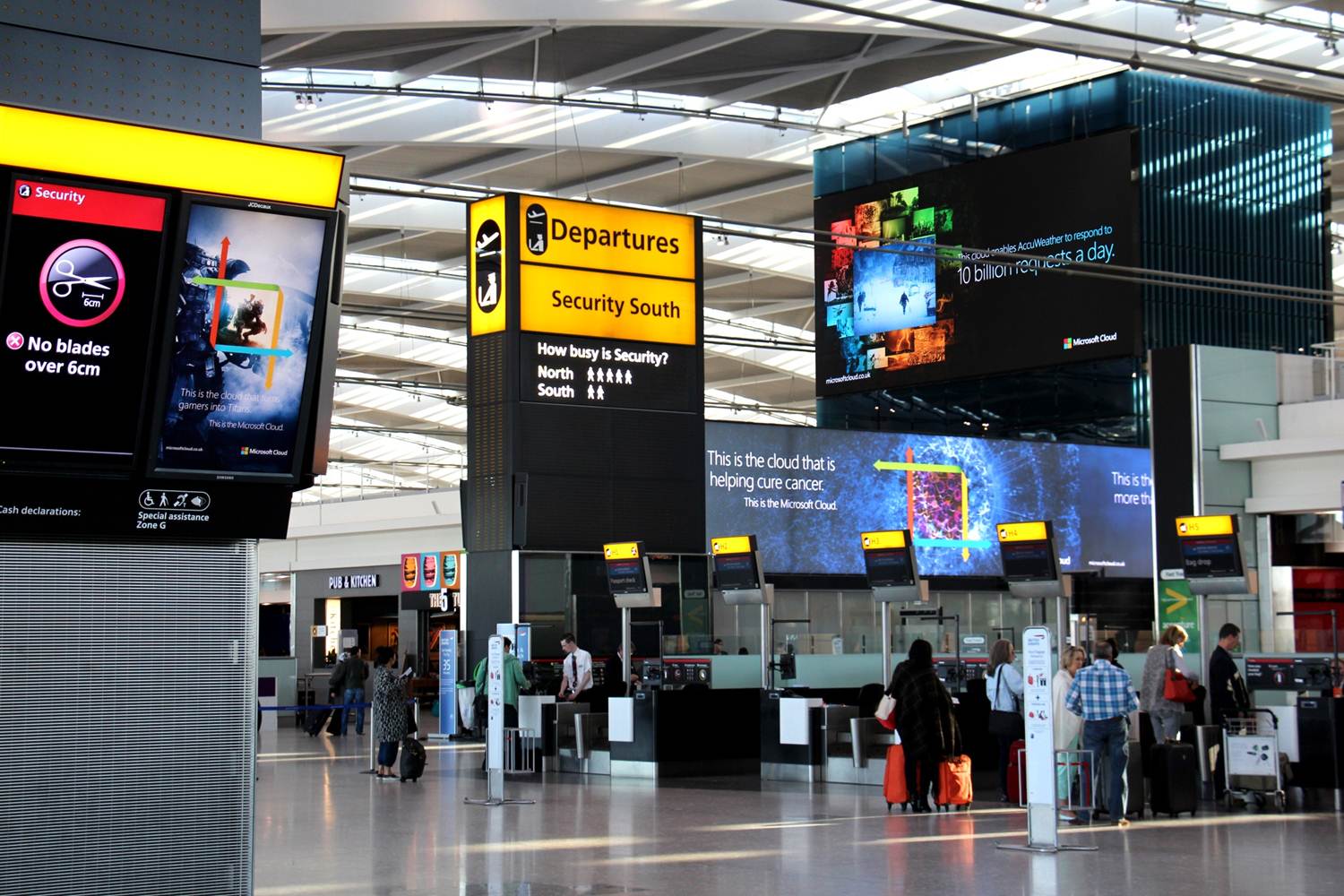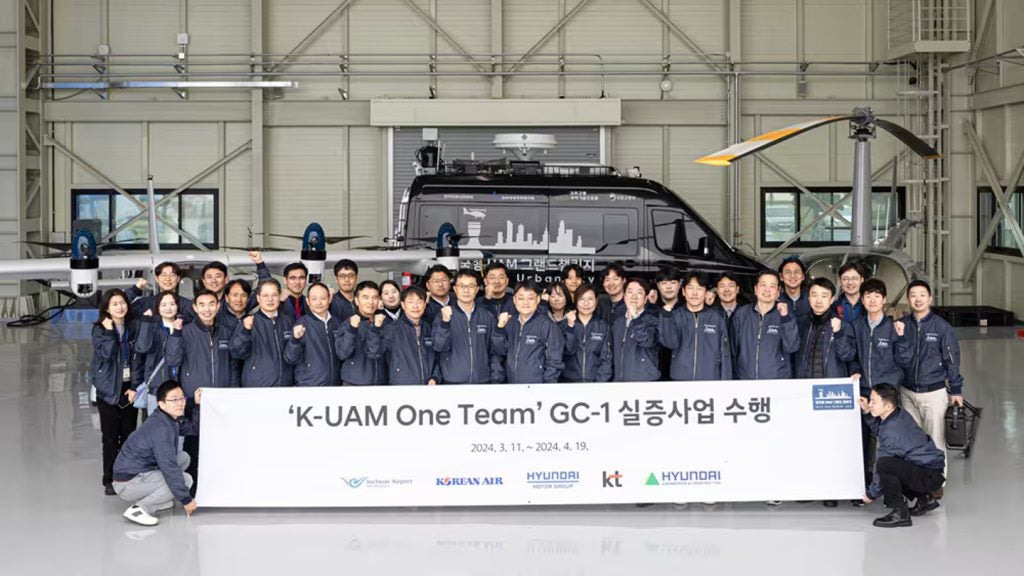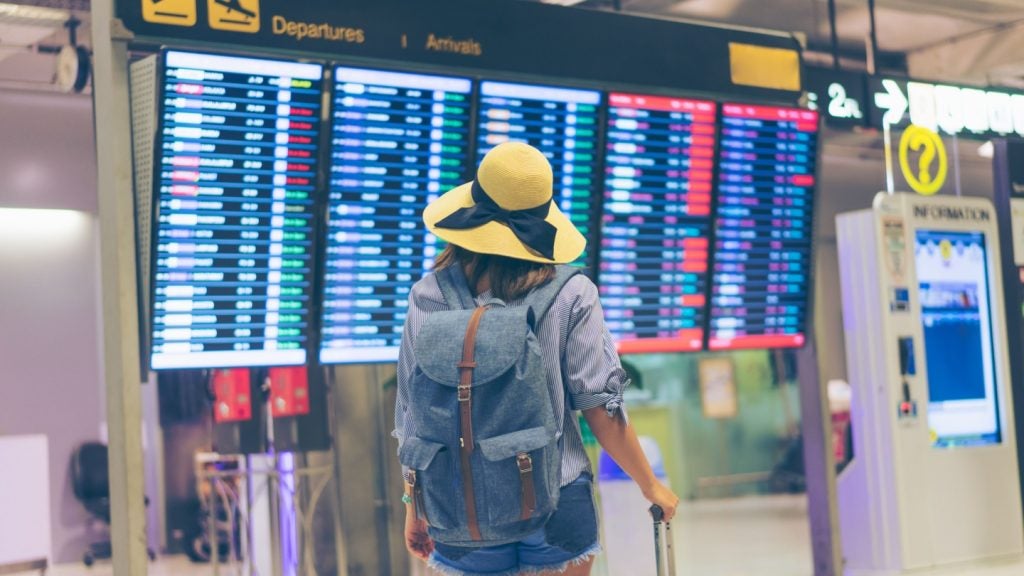
All major UK airports must introduce 3D baggage screening equipment before 1 December 2022 to make travelling hassle-free for passengers, UK Prime Minister Boris Johnson has said.
Once the technology has been implemented by UK airports, passengers will no longer be required to remove liquids and electronic equipment such as laptops from cabin bags. The upgrade would also end the 100ml liquid limit.
New 3D technology would aid staff to scrutinise the contents of a bag with a far more detail, using images that can be examined with much more precision.
Johnson said that the technology will boost security, speed up pre-boarding checks, and would cut down on “hassle for travellers.”
“By making journeys through UK airports easier than ever, this new equipment will help boost the vital role our airports play in securing the UK’s position as a global hub for trade, tourism and investment,” the prime minister added.
Transport Secretary Grant Shapps said it was essential to boost the transport industry with better technology. “As an outward looking global nation, our transport hubs are more important than ever, and investing in our security infrastructure means we are investing in our nation’s future,” he said.
How well do you really know your competitors?
Access the most comprehensive Company Profiles on the market, powered by GlobalData. Save hours of research. Gain competitive edge.

Thank you!
Your download email will arrive shortly
Not ready to buy yet? Download a free sample
We are confident about the unique quality of our Company Profiles. However, we want you to make the most beneficial decision for your business, so we offer a free sample that you can download by submitting the below form
By GlobalDataChief executive of UK Hospitality and chair of the Tourism Alliance Kate Nicholls said: “The new technology being rolled out should make for a smoother, more enjoyable passenger experience and will bolster the UK’s international reputation as traveller-friendly.”
Along with better security, the technology will also reduce the excess use of plastic making the industry more eco-friendly.
The rule for removing containers with liquids into transparent plastic bags was introduced in November 2006, when the British police said they had foiled a liquid bomb plot to blow up as many as ten airplanes using explosives hidden in drinks bottles.
While it has many advantages, CEO of radar weapons detection company Patriot One Martin Cronin, said that there should be a transition period so passengers are reassured about safety. “Despite the time consuming and inconvenient systems, many members of the public find it reassuring to physically go through each security step before boarding a plane and would be disconcerted to not do this. There should be a transition period as this technology is introduced to ensure the public has a full understanding of the changes and still feels safe.
“Those in charge of implementing this change ahead of 2022 must be careful to strike a balance between delivering security that is frictionless and unobstructive, while maintaining a level of visibility that is sufficient to reassure the public.
“It may be that multi-sensor technology, like 3D baggage scanners, would provide supplementary security rather than be a replacement measure,” said Cronin.
Cronin added that looking forward airports must also boost threat detection. “The next immediate priority should be to push out the security perimeter through the application of sensor technology to detect threats well before the fixed security screening area, in order to prevent attacks in the airport concourse,” he added.
3D scanning equipment – similar to CT scanners used in hospitals – is already being trialled at London’s Heathrow Airport since 2017. It was revealed in June 2019 that Heathrow airport will be receiving investment worth £50m for the computer tomography (CT) security scanners to “provide a more efficient and seamless search experience.”
Heathrow is hardly the first airport to move to 3D security scanning. Schiphol airport in Amsterdam, and US airports such as JFK in New York, Hartsfield-Jackson in Atlanta and Chicago O’Hare are already using these scanners.





